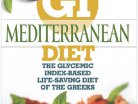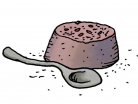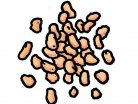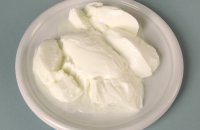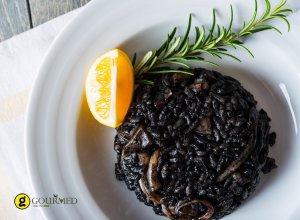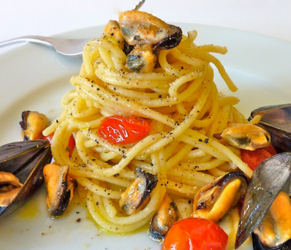The Ancient Greek physician Hippocrates proclaimed nearly 2,500 years ago: “Let food be thy medicine and medicine be thy food.”
In 2010, UNESCO included the Mediterranean Diet list of Intangible Cultural Heritage of Humanity, upon request made jointly by the countries Greece, Spain, Italy and Morocco.
The Mediterranean diet, which includes food consumed in countries that border the Mediterranean Sea, has gained popularity all over the world over the past years.
You can watch a video interview of NYTimes’s Gina Kolata discussing its benefits.
It is an established dietary approach for the prevention of many diseases, including cancer and heart disease.
Recent studies published in Neurology magazine by Dr Tsivgoulis, prove that it may be good for the brain as well.
Another analysis, published in 2011 in the Journal of the American College of Cardiology, pooled the results of 50 studies (including 35 clinical trials) with more than a half-million total participants. It found that consumers of the Mediterranean diet were less likely than others to develop high blood pressure, high insulin levels, too much fat around the waist and unhealthful cholesterol levels, or all of these clustered together (a condition known as metabolic syndrome).
Studies about primary prevention of cardiovascular diseases with a Mediterranean Diet have also been published in the April 4, 2013 issue of the New England Journal of Medicine.
Even former President Bill Clinton, interviewed on CNN, said Dr. Esselstyn’s and Dr. Ornish’s writings on the Mediterranean diet helped convince him that he could reverse his heart disease in that way.
A high ratio of monounsaturated to saturated fat is considered an intrinsic element of the traditional Mediterranean way of eating. The diet gets most of its fat from olive oil, and most of the fat in olive oil is monounsaturated. It also include other monounsaturated fats such as nuts and fish, all excellent sources of omega-3 fatty acids.It's also based on vegetables, antioxidant-rich fruits, legumes, unrefined grains, and a bit of red wine — all consumed on a daily basis.
Red meat, refined flour or sugar, butter and other oils or fats are to be consumed rarely, if at all. One of its champions, Dr. Dimitrios Trichopoulos of Harvard University, calls the Mediterranean way of eating "possibly the best ever."
When diet meets delicious is what I see in this diet, so why not follow it?
A change of lifestyle and eating habits is indeed the best medicine.
Who can after all resist any of Gourmed's tantalizing recipes?
photo credit : http://fineartamerica.com/featured/a-man-from-crete-steve-outram.html














